Not y'all finally protesting for Pride
It was 00:43 PST, June 11th, and there was a Full Moon in Sagittarius
Notes: I drew a booty and posted an Alvin Baltrop photograph from The Piers. So, there’s nudity below: booty, cock, and balls to be specific. They are more artful than they are pornographic. Refrain if you’d prefer not to see such jennies on your screen. Love y’all.
Happy Pride F@gs,
Does anyone else experience Penultimate Chapter Sadness? Nearly done, I’m down bad on five counts: A Short History of Trans Misogyny, Black in Blues, Faces at the Bottom of the Well, Margery Kemp (a re-read but still), and The Undressed Art: Why We Draw. Standing at the edge of the end, I am refusing to face the next stage of each literary relationship. Too observant for my own damn good, I wonder whether or not my Penultimate Chapter Sadness is a manifestation of my feelings regarding the state-of-the—world a.k.a. America’s alarming descent into superfascism. We’re only eleven days into Pride Month, and anti-ICE protests are sweeping the nation. Los Angeles, my home away from home, is on my heart and on my mind. Eager for guidance, I have been diving into Essex Hemphill’s Love Is A Dangerous Word. From “Object Lessons” to “So Many Dreams,” “Pressing Flats” to “American Wedding,” his poems emphatically drive the reader to a-c-t. Thank God for our forebears.
Sincerely,
E.Y. Patriceanne Washington
P.S. After witnessing the Trump-Elon Twitter Debacle, I found myself missing Old Twitter. Words like mine field, wasteland, wilderness, and hellmouth don’t even begin to describe what it was. My nostalgic feelings dissipated quickly once I saw Leftists/Progressives imagining a world where Elon could be turned. Respectfully, don’t lose the plot. You bitches have been reading too much Enemies-to-Lovers bullshit. Big Tech Moguls need government regulations, period. Don’t play with me.
Bookslut Caught in the White and Wicked Wild:
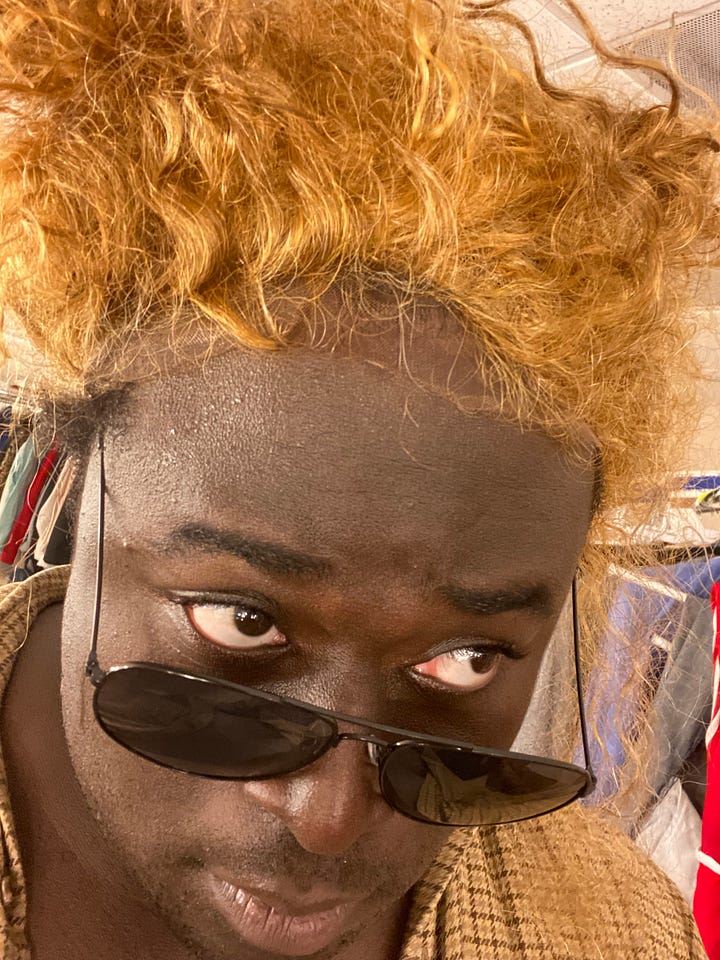
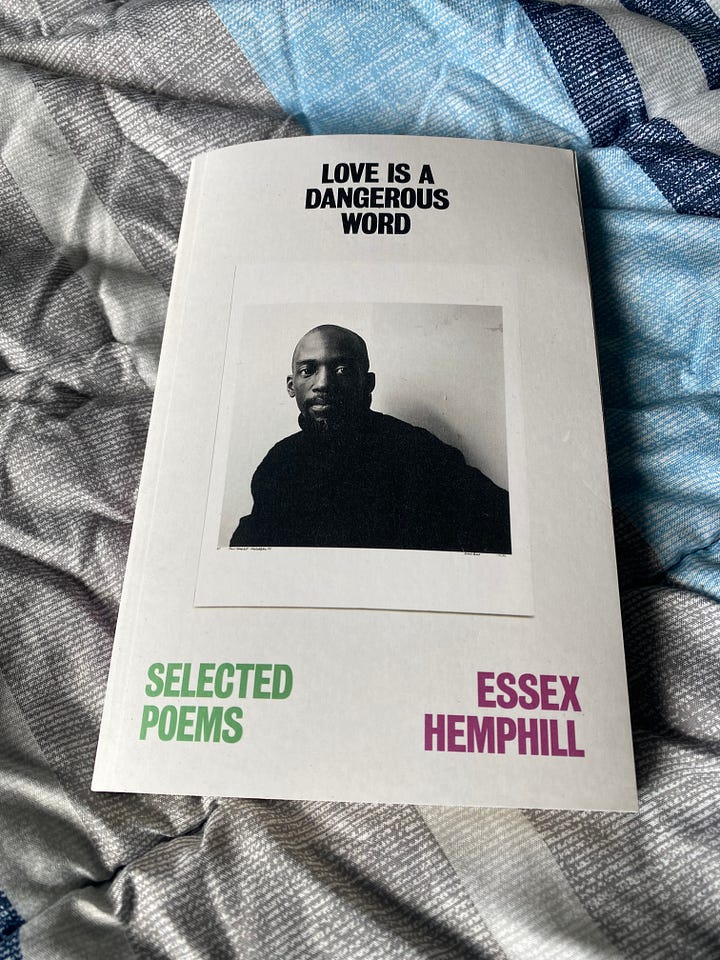
Pride is a Dangerous Word: And Other Thoughts on Action, Passion, and Imagination
by E.Y. Washington
If your queerness isn’t a call to action, is it even queerness at all?
Impelled by a sense of difference and driven by a desire to escape, you venture toward vibrant alternatives and embrace their uncanny consequences.
Without warning, you emerged from the magnitude of a strange inheritance that blooms with variety, fragrance, color, and contradiction. This utopia floating down the street is your heritage.
No.
Pride is a dangerous word.
Eden is already here. Didn’t they tell you? Queer sexuality is a living, breathing garden. It runs between your legs, beats inside your ribcage, and rests between your ears. Who will tend and defend it?
Y-o-u.
At the behest of the sacred and insistence of the profane, you are responsible for keeping this complicated oasis safe.
Wake up, sweet one. There are wings on your back and a sword in your hand for a reason.
Didn’t a poet say the sword is aflame for you?
Beloved, you are cherubim, guarding the path to life, knowledge, good, and evil.
Where Adam and Eve failed, you will succeed.
Don’t doubt the power of your resolve. Call it flimsy in comparison to your forebears and risk cursing the very thing you’re trying to bless. "When my brother fell,” poet Essex Hemphill wrote, “I picked up his weapons / I didn’t question / whether I could aim / or be as precise as he / a needle and thread / were not among / his things / I found.” Aim with words, shoot with actions. Leave your sewing for leisure.
The poet’s name is Agha Shahid Ali.
Your marching orders come from your forebears. Suspect memorialization, they might say, it’s merely an invitation to mollify.
Then deify.
Mollification quells anger, deification quells action.
As beautiful as it seems, memorialization can’t save the living or bring back the dead. Fighting, at least, ensures the former. Artistic intervention mimics the latter.
Even now, you find Hemphill’s commentary on AIDS all too relevant. He could have written it yesterday; you could have read it today. “It’s too soon,” he wrote, “to make monuments / for all we are losing, / for lack of truth / as to why we are dying, / who wants us dead, / what purpose does it serve?” By killing you legally and illegally, your murderers reify a lie: Queer realities don’t exist, queer realities can’t survive.
And yet, through hell and high water, here you fucking are.
Please don’t let words like paradise, Eden, and utopia fool you. Loss and its consequences are your inheritance, too. Frankly, “our loss,” Hemphill wrote, “is greater than all the space we fill with prayers and praise.” Your therapist wonders how you have been seasoned by loss and Christianity. You tell them Jesus is walking on the water; You tell them He’s taking you home.
Honestly, loss is like a sanctuary; grief makes you holy.
Somewhere between back then and right now, you thought lust was enough to satiate you. Lust isn’t enough to absolve you from the systemic oppression of it all.
Listen, baby. “[T]he simple spilling of seed,” Essex wrote, “would not be enough to bind us.” Erections won’t keep the garden together. It needs action, imagination, and passion to flourish and thrive. We have a sword in our hand for a reason.
Joy makes you holy, too.
How to legitimize queerness? Fuck if I know. Try this?
Stay in tune with your sense of difference and entertain your desire to escape. Together, they agitate you until you come into more agreeable ways of being and knowing.
What is being and what is knowing if not another queer inheritance?
Books with Pictures, Books with Words, Books that Caught My Eye:
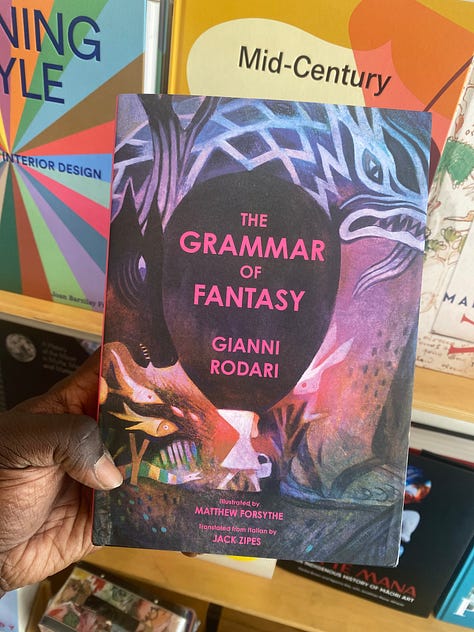
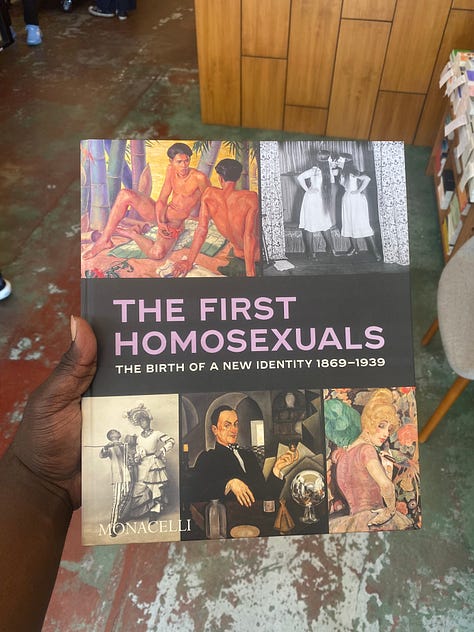
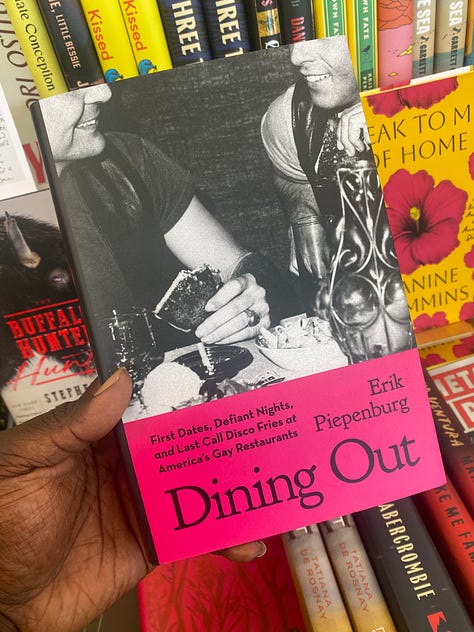
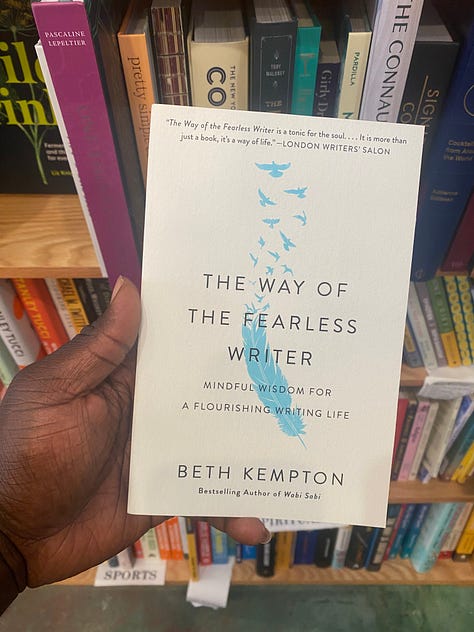
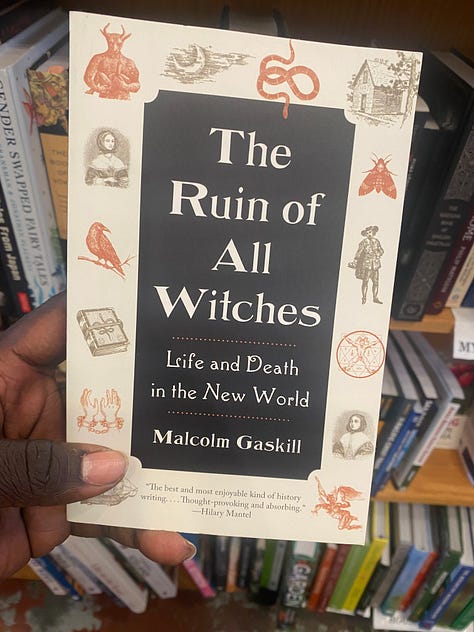
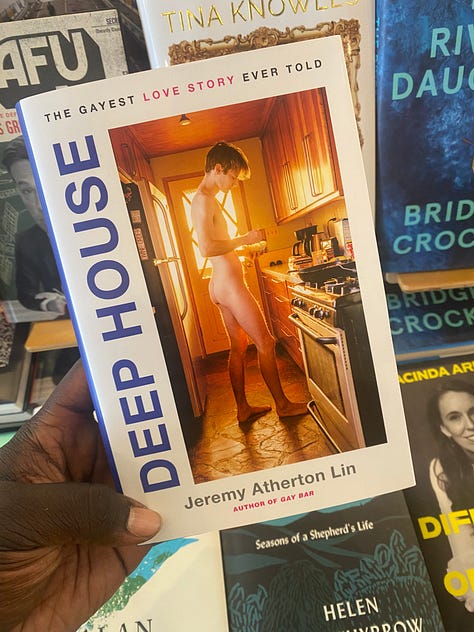
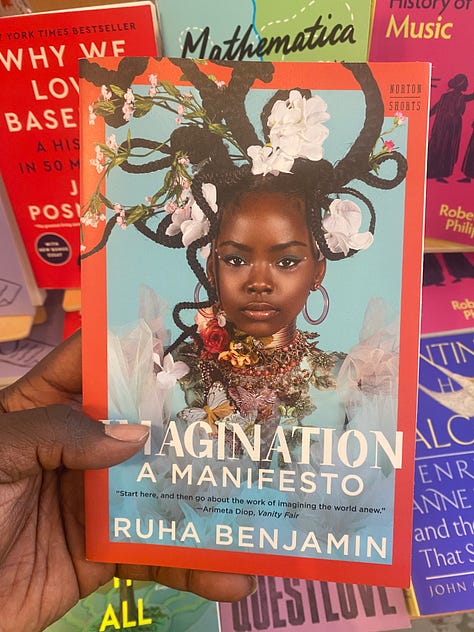
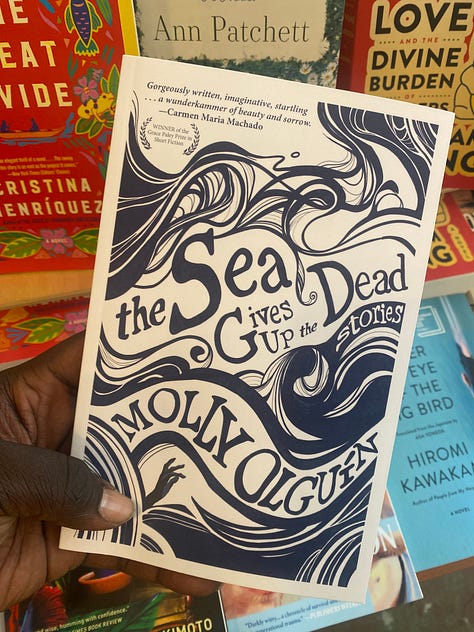
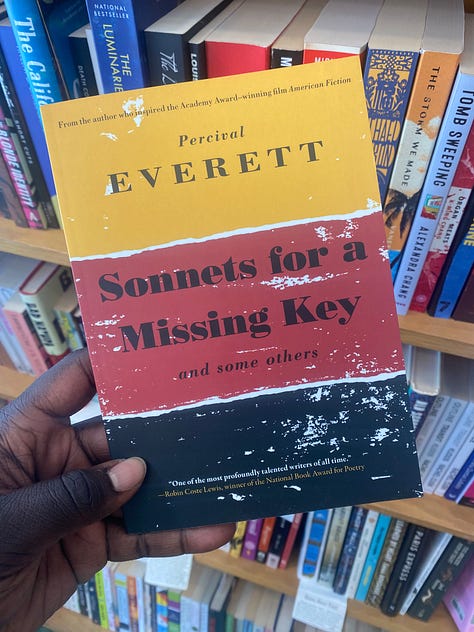
Today’s smut brought to you by blkcatamyte.
“A Study in Hatching and Crosshatching,” 2025, HB on Paper.
Notes: In the essay “Some Other I Before Me,” essayist Joseph Osmundson personifies books as mentors for mentees who were born in the wake of HIV/AIDS. Read at your leisure. Joe’s work hits when nothing else does. Happy Pride.
Some Other I Before Me
by Joseph Osmundson
Like most queer people, my parents are straight. I was raised in the country, in rural Washington State. We couldn’t get cable, so my dad installed an antenna rotor on our roof to help with the salt-and-pepper static that clouded NBC, but this was before Will & Grace. All I knew about being gay is that it would get you beat up as a kid, and then you’d die from AIDS.
I was in college before I learned how gay men had sex. I’d been attracted to men by then—my first boy-crush was a lanky, tall boy who played basketball in the intramural league it was my campus job to organize. Walking home drunk from a party, a straight man told me that gay men fuck in the ass, but I didn’t believe him. This same straight boy often got too drunk and asked me, slurring his words, to slow dance with him, shirtless.
“What did you think gay men do?” he asked. I was 21. I wanted to fuck men, that much I knew, but I had never thought about how.
If sex between men seemed impossible to imagine, intimacy seemed even more so. Intimacy between men seemed then — like it sometimes seems even now — to be a foreign language spoken in a country where I was only a visitor, dependent on a dictionary even for banalities: ordering an orange juice for breakfast, a gin martini at a bar.
“What did you think gay men do?” Two weeks later, home for spring break, I stuck two fingers inside myself and vowed that, after college, I would end up in a city where I’d be able, finally, to learn.


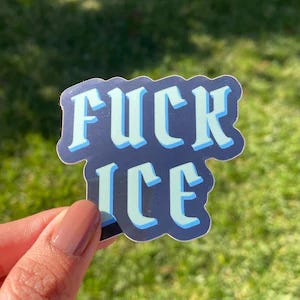
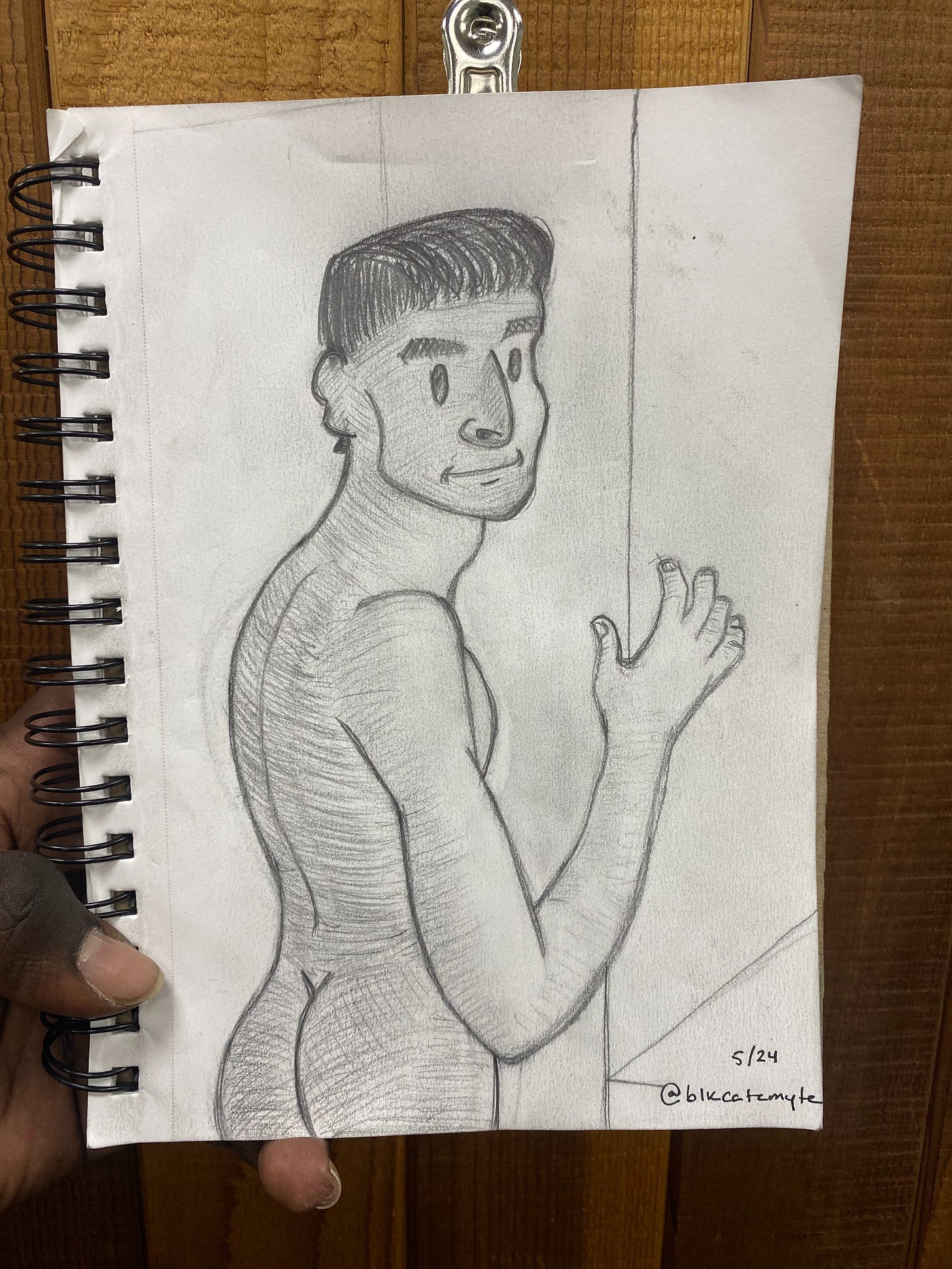
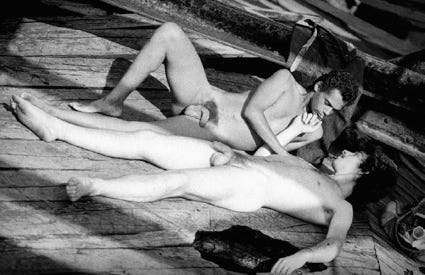
Fucking hell, E.Y. What a dagger ❤️🔥